Shop
Spirits

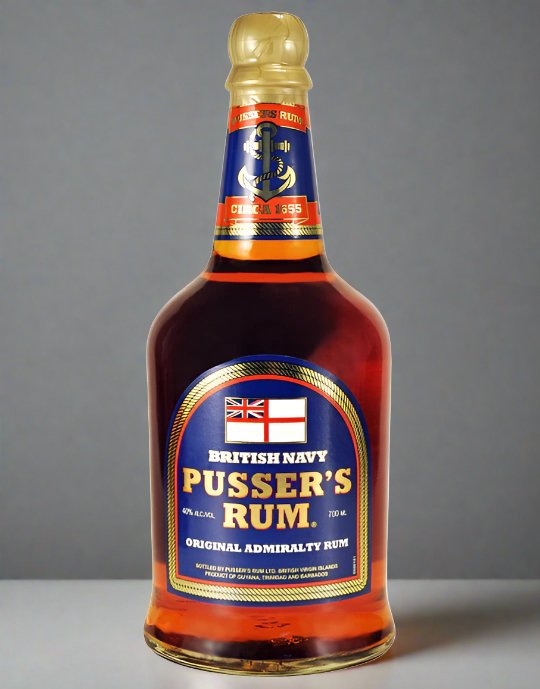
Pussers Navy Rum Blue Label
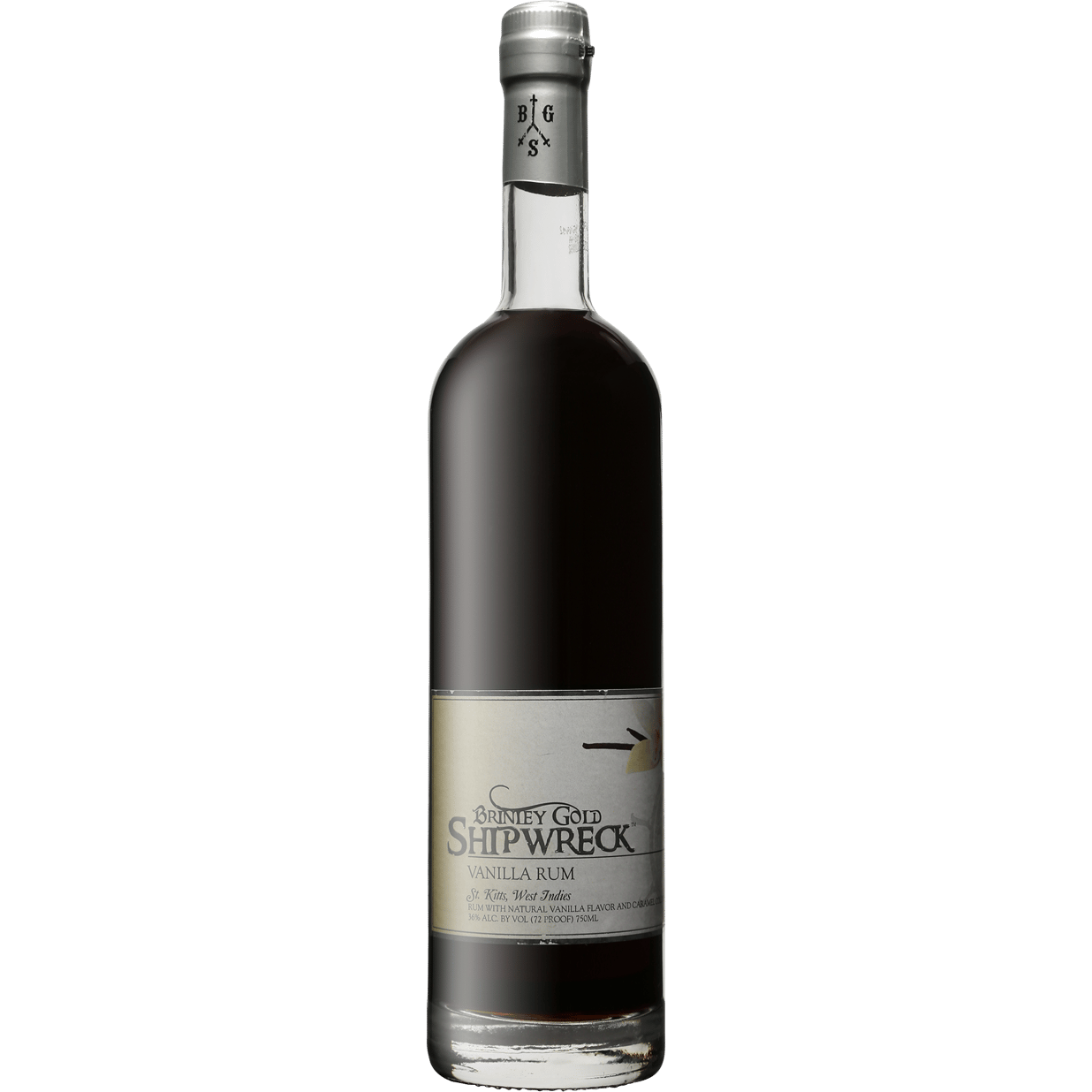
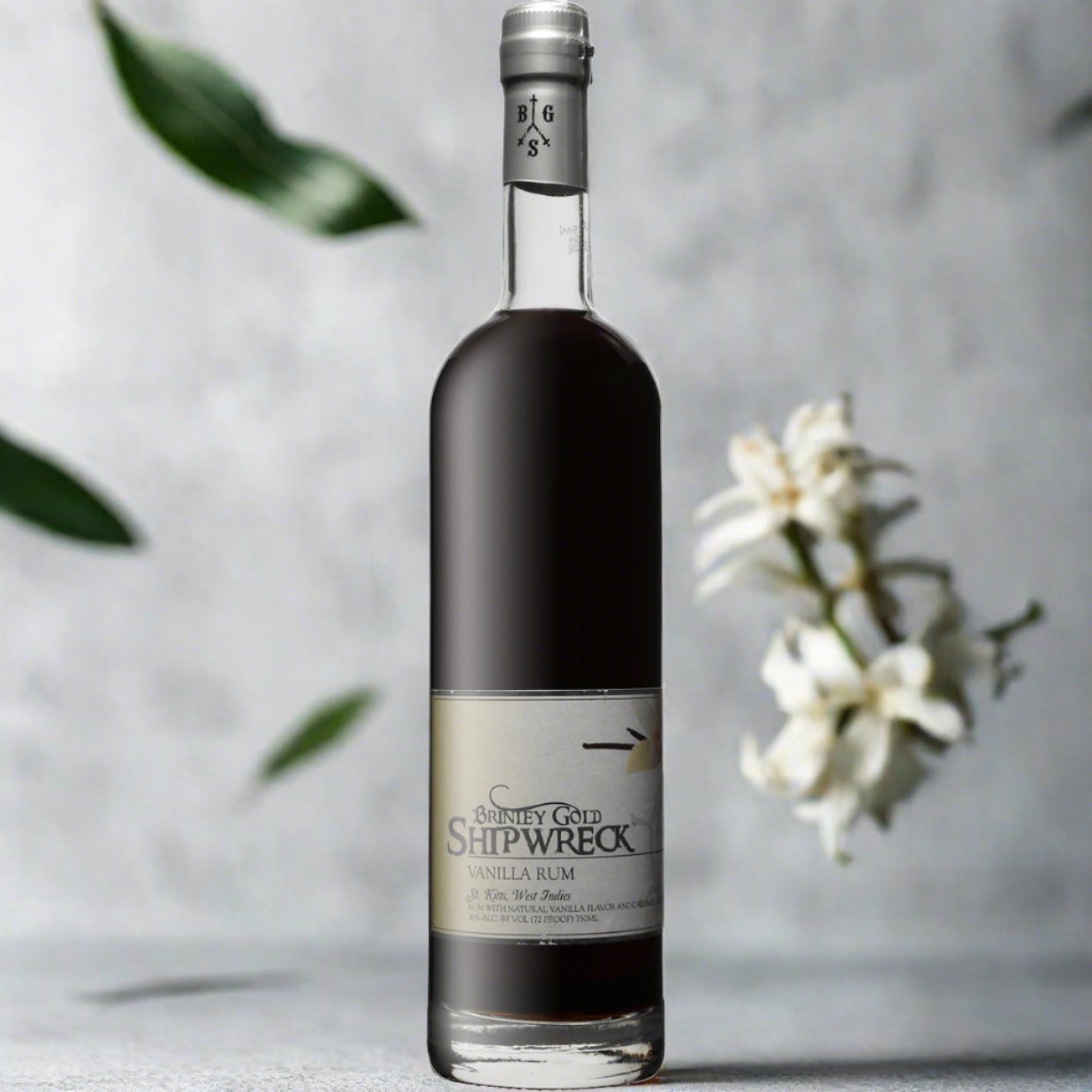
Shipwreck Vanilla Rum
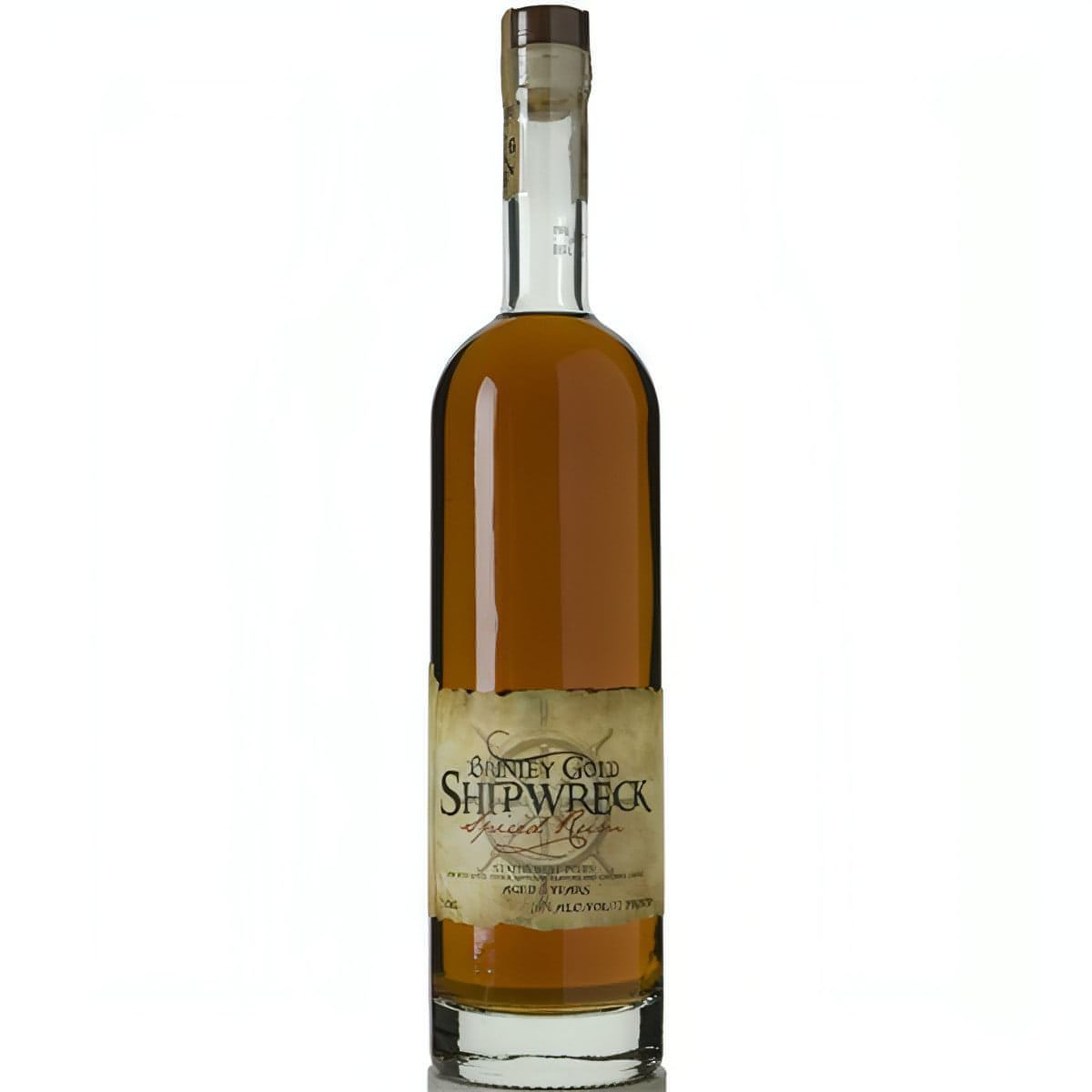
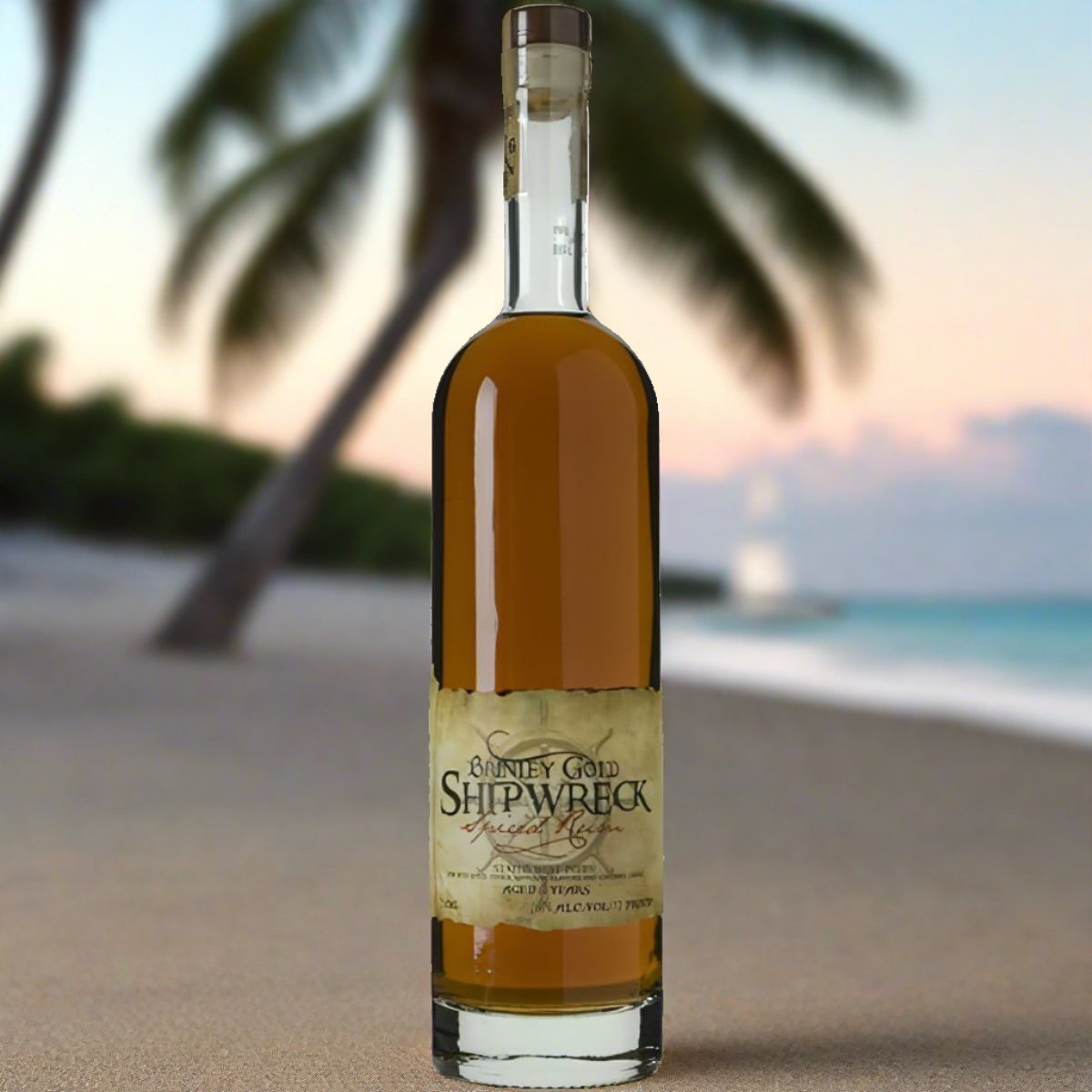
Shipwreck Spiced Rum
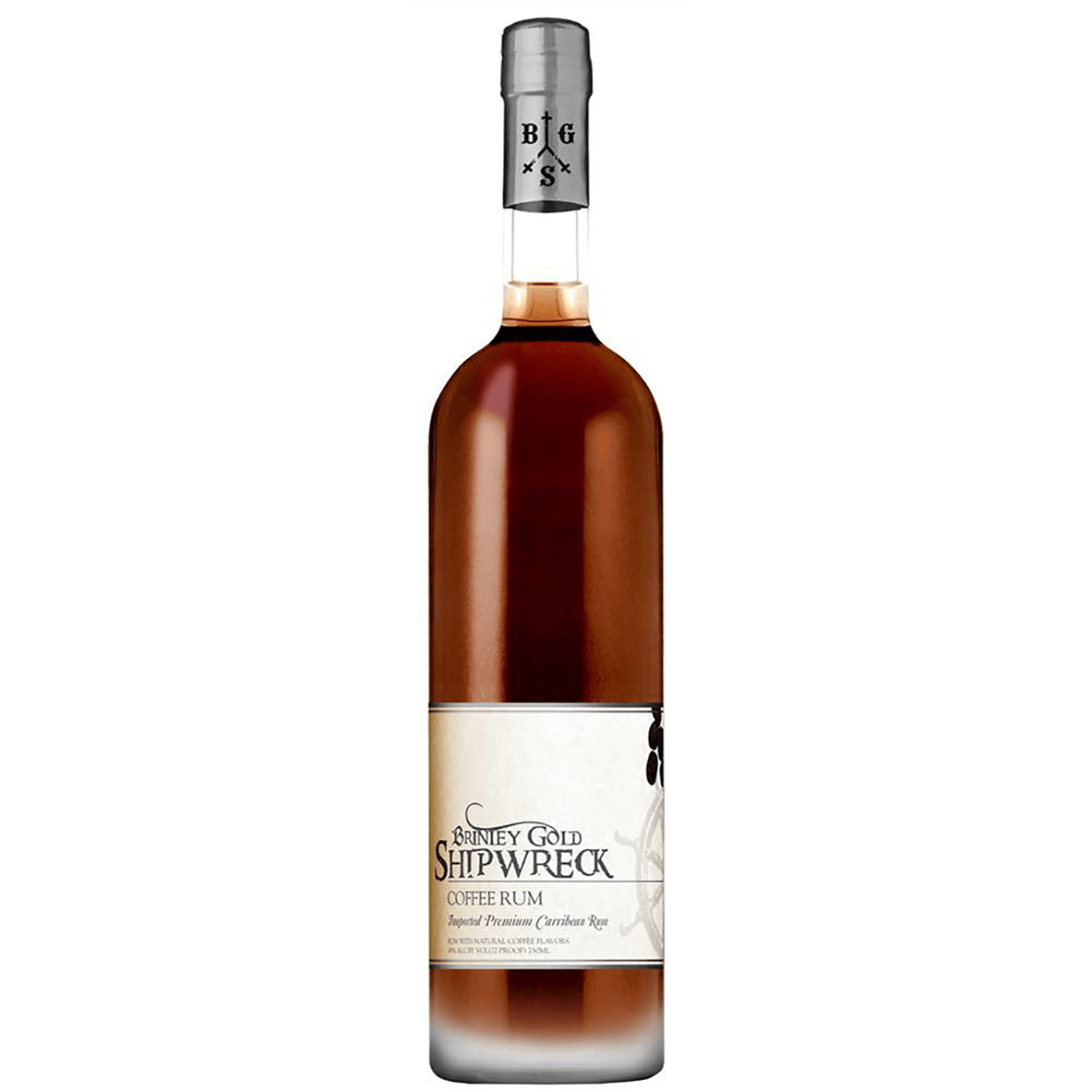
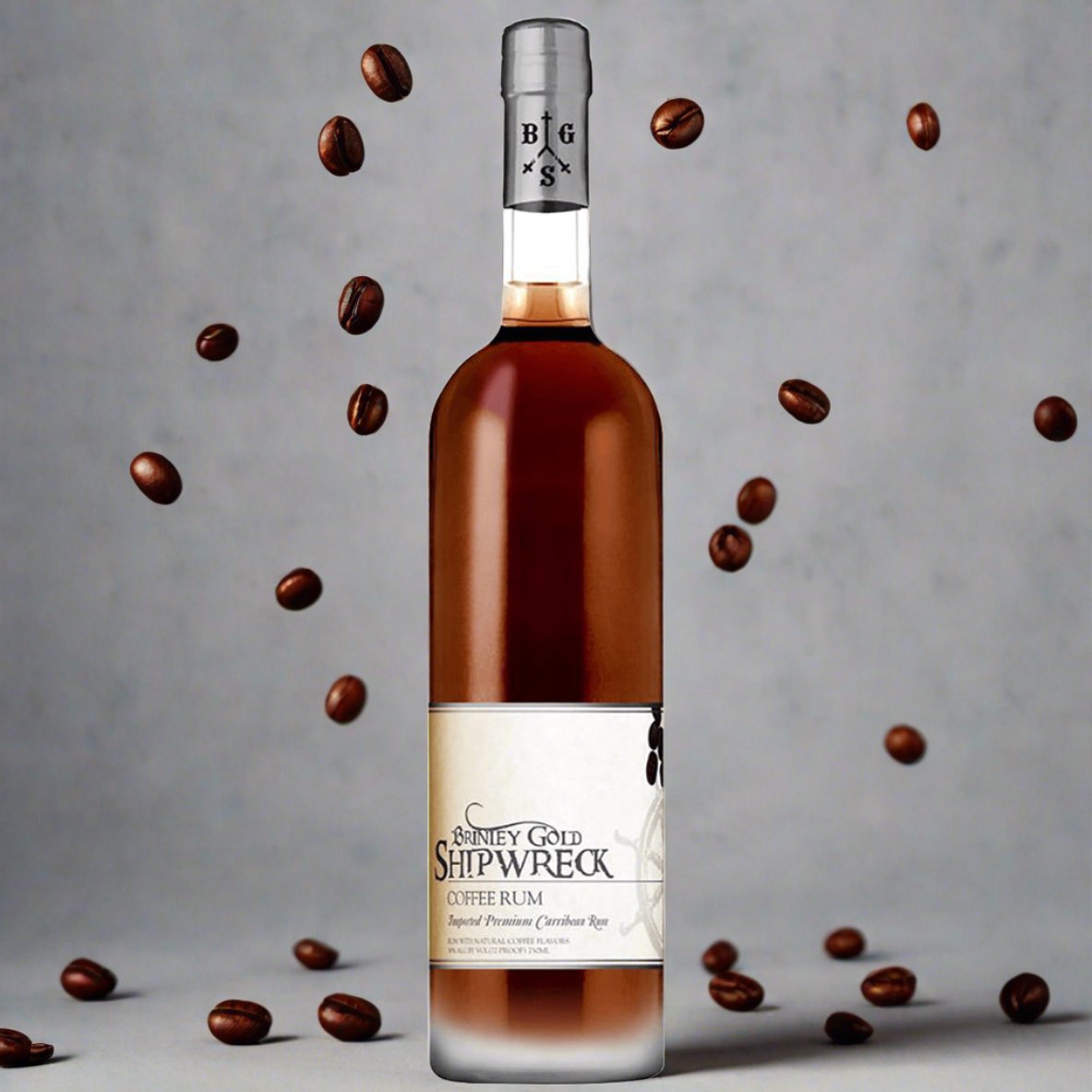
Shipwreck Coffee Rum
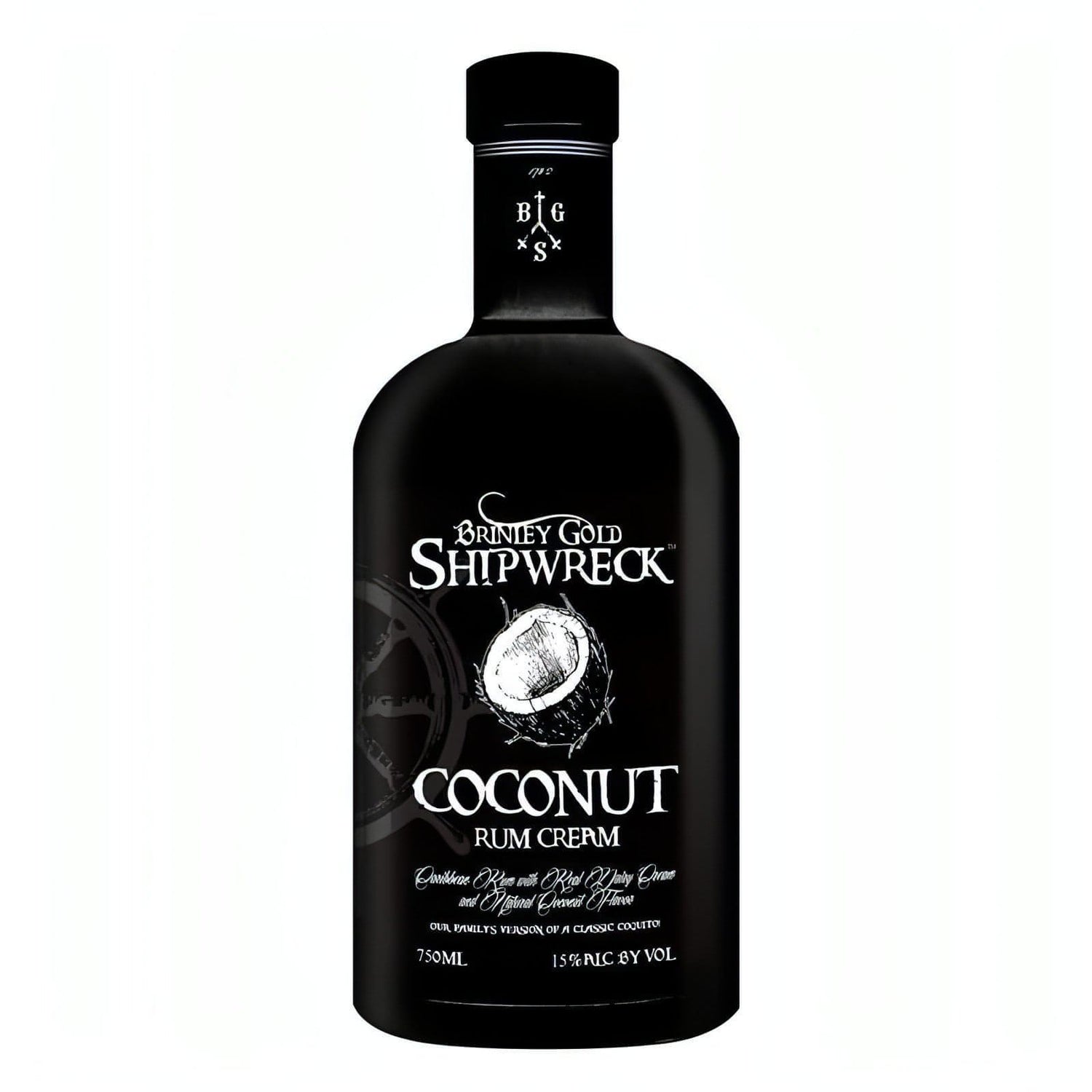
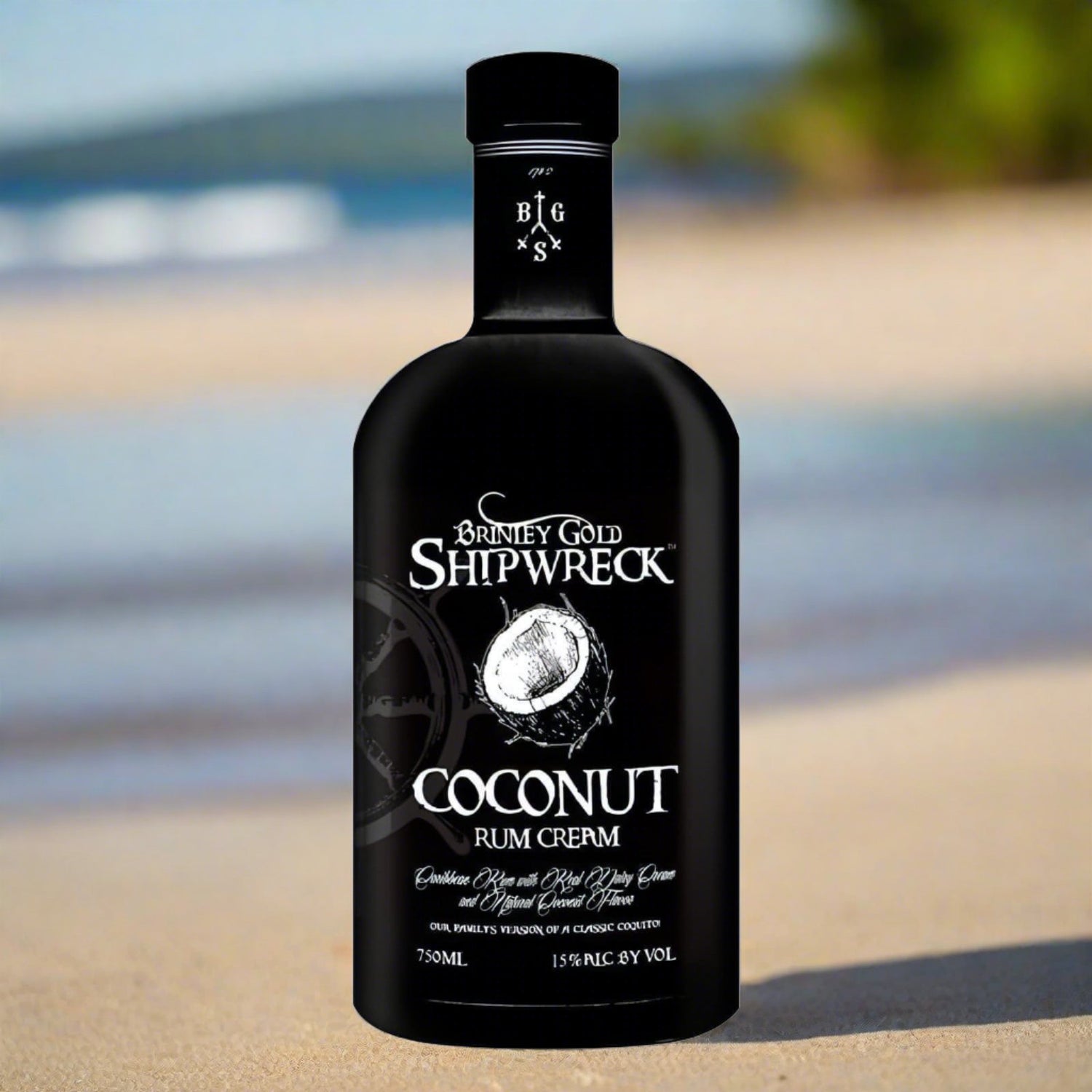
Shipwreck Coconut Rum cream
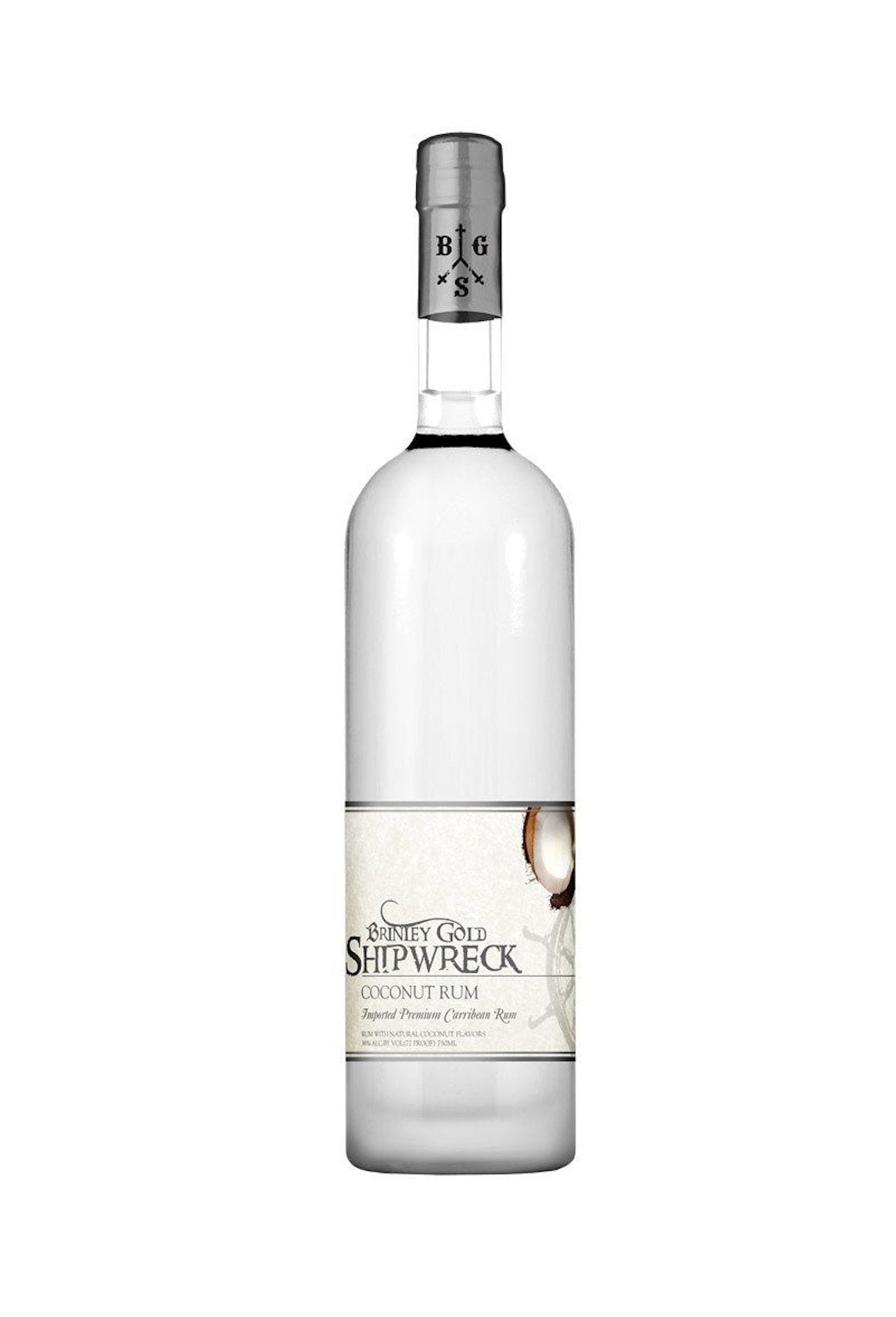
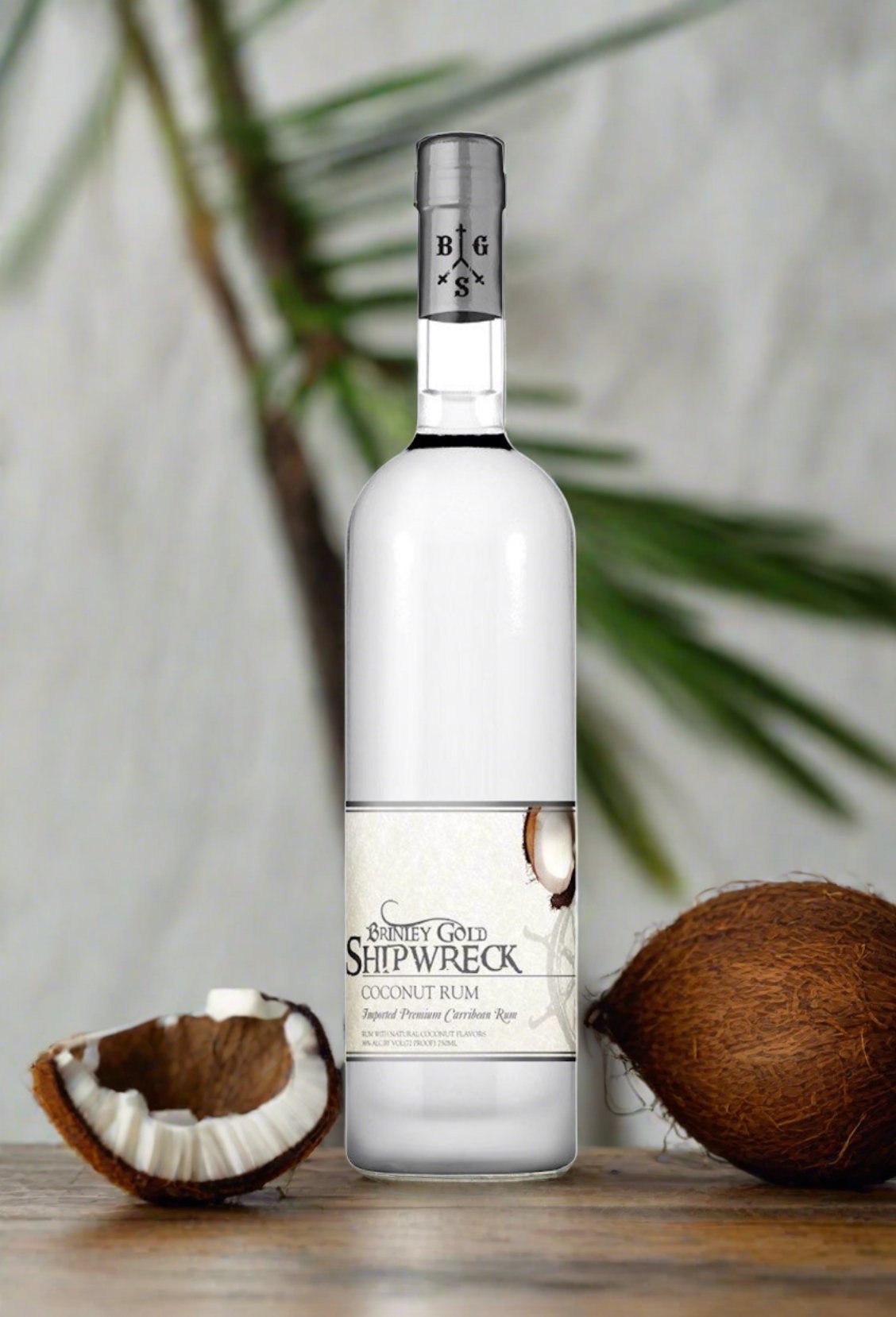
Shipwreck Coconut Rum

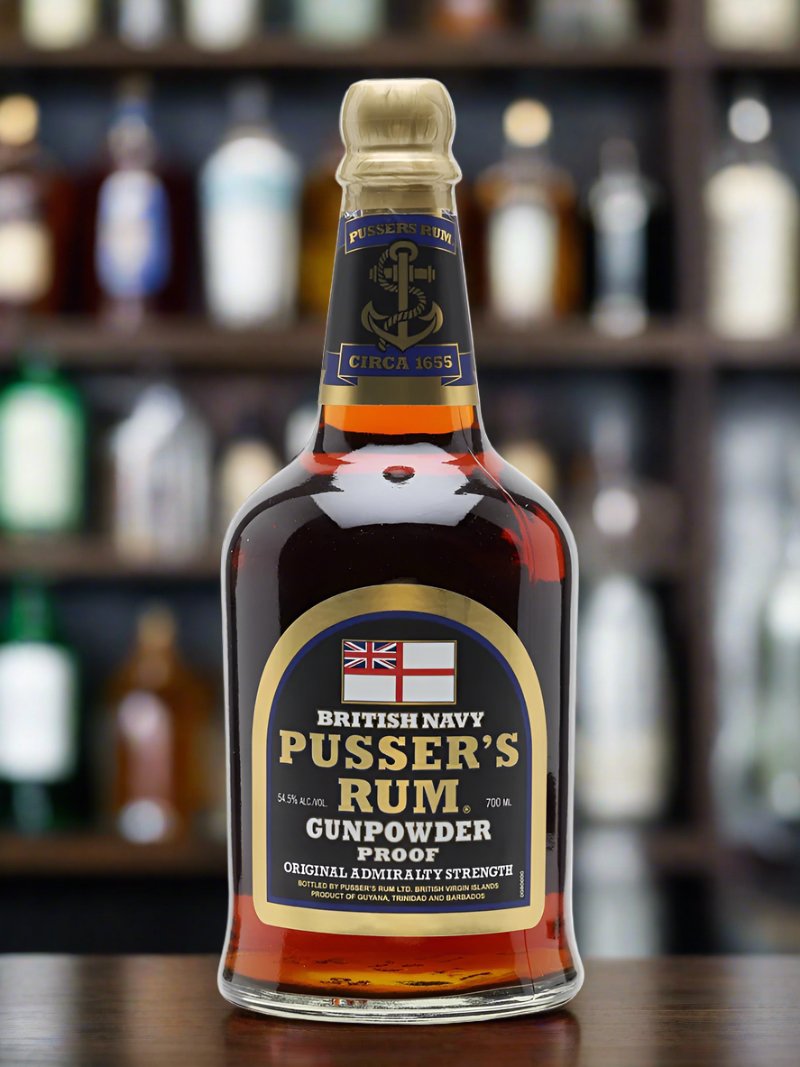
Pussers Rum Gunpowder Proof 54.5%ABV
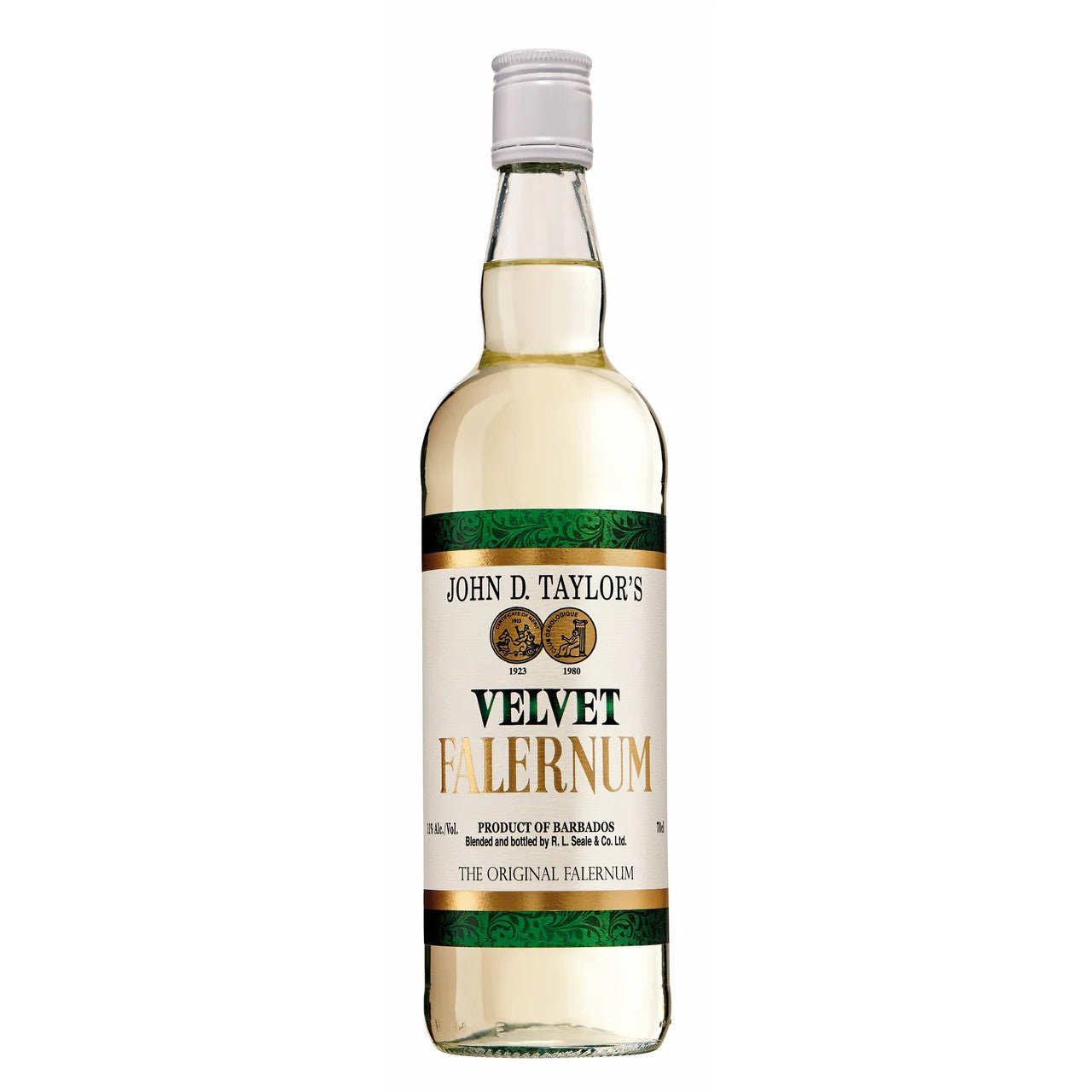
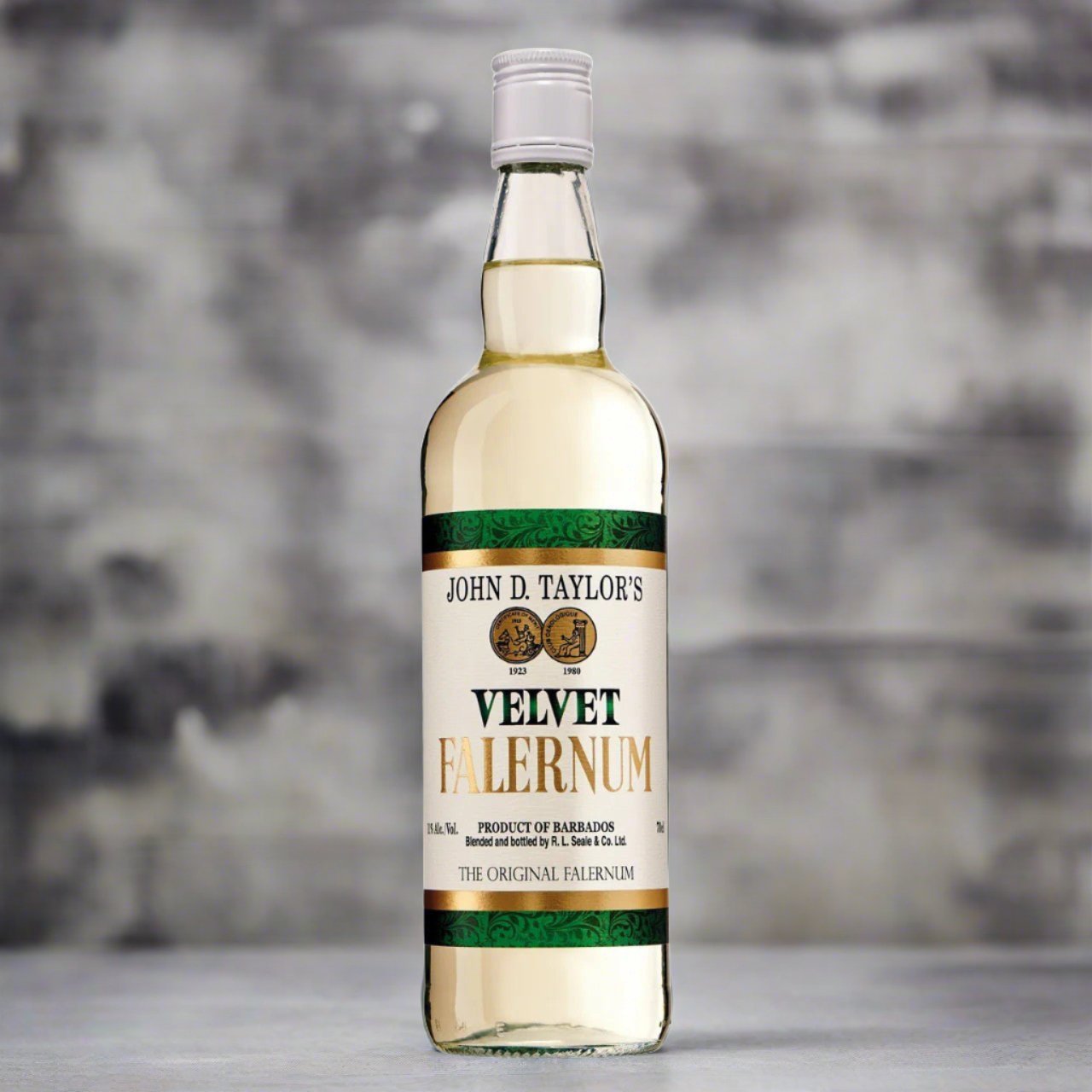
Velvet Falernum
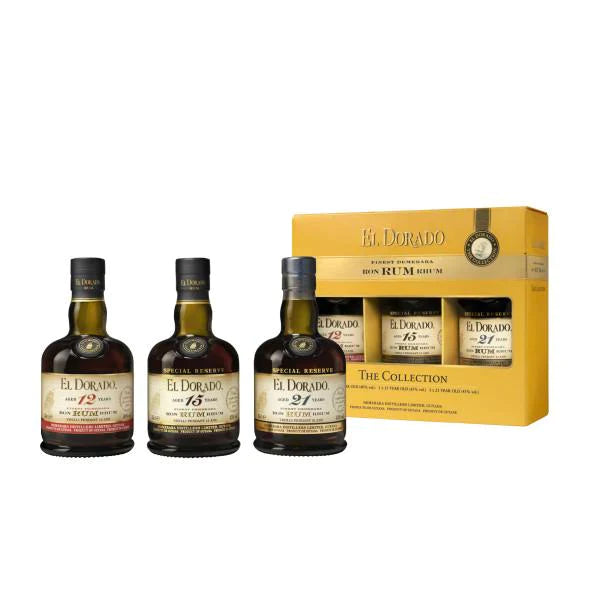
El Dorado Gift Pack Super Premium Rum
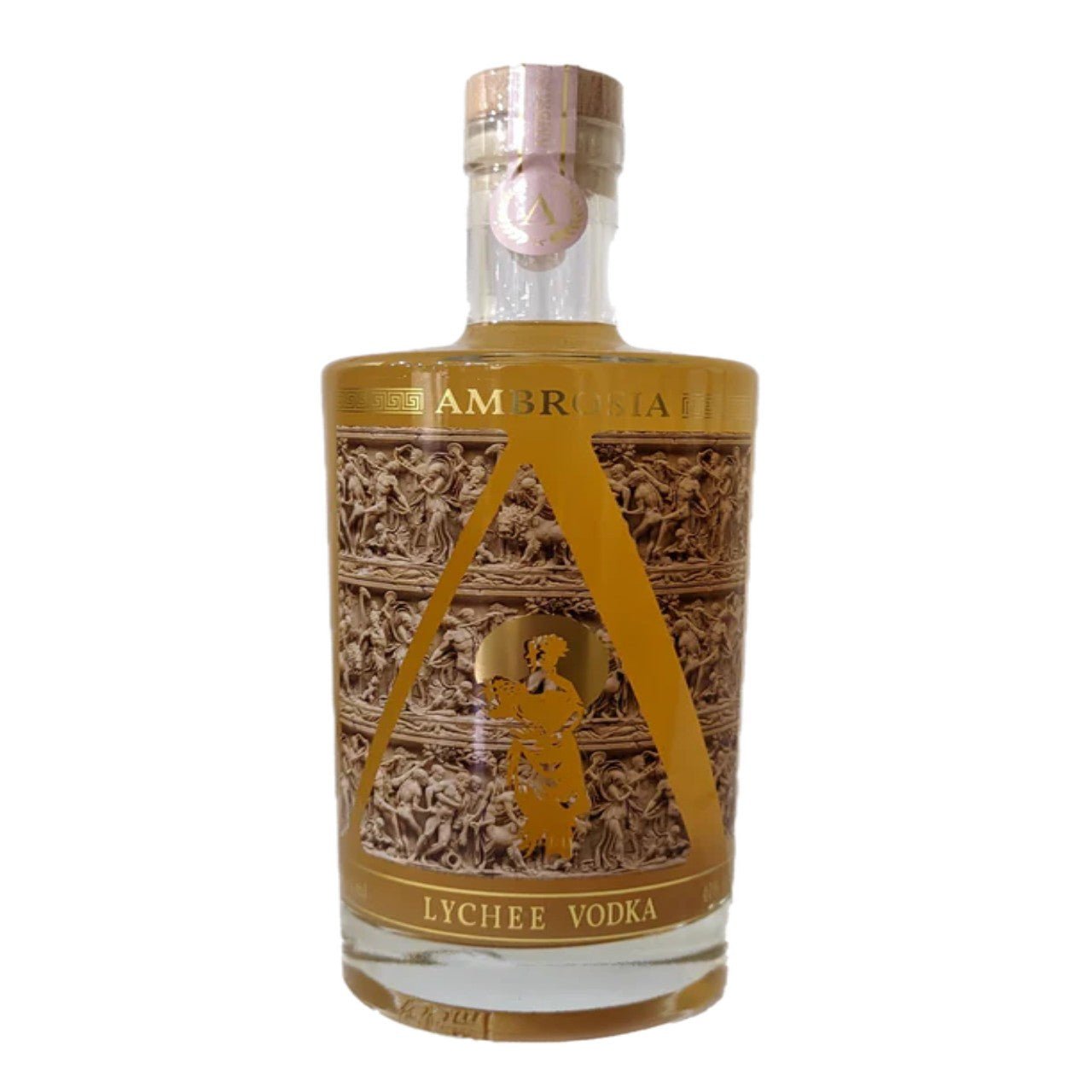
Ambrosia Lychee Vodka 700ml
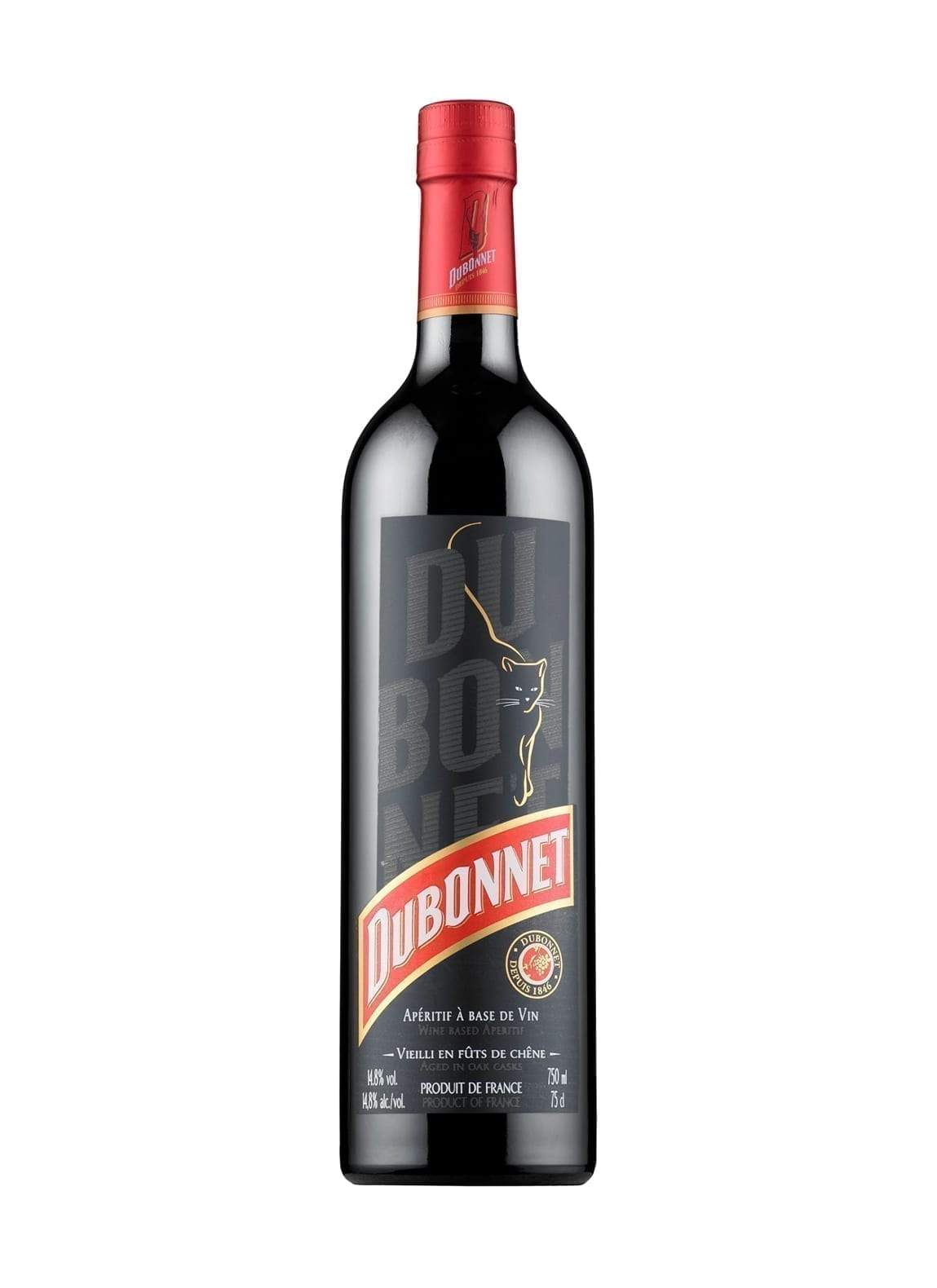
Dubonnet Rouge Aperitif 14.8% 750ml
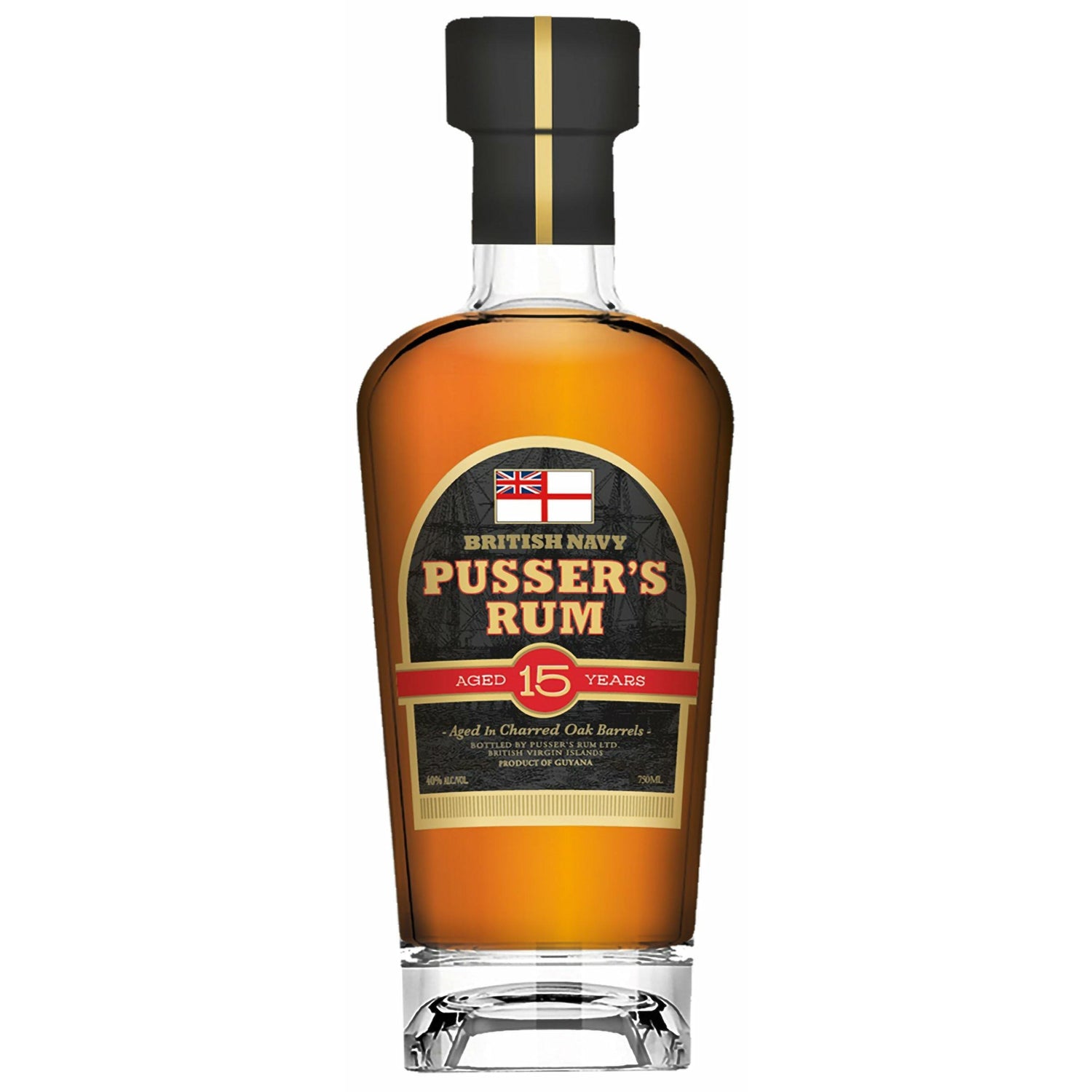
Pussers Rum 15yo "the Crown Jewel"
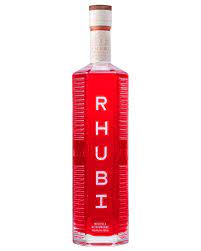
Rhubi Mistelle Rhubarb Liqueur
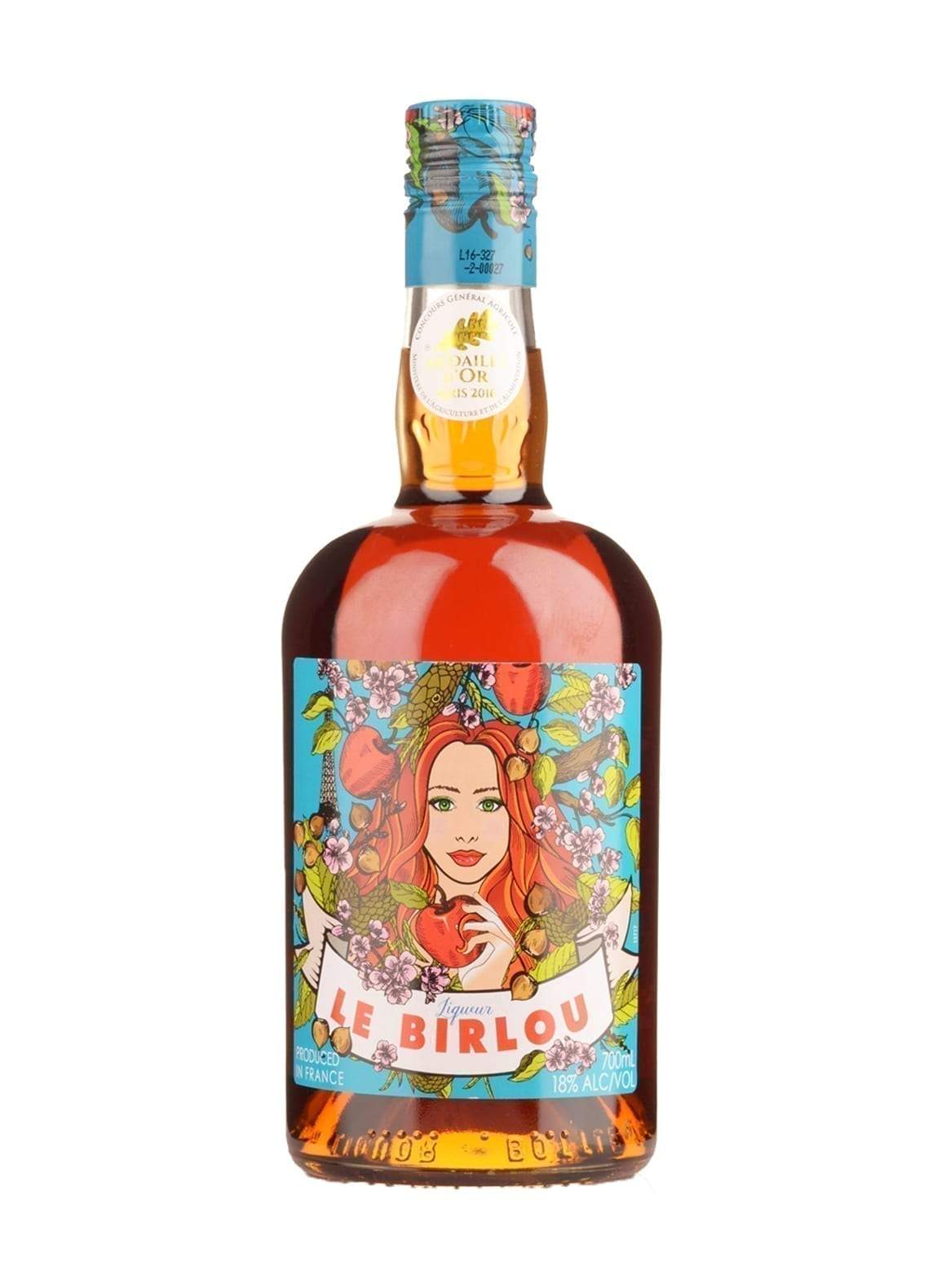
Vedrenne Aperitif 'Le Birlou' (Chestnut & Apple Liqueur) 20% 700ml
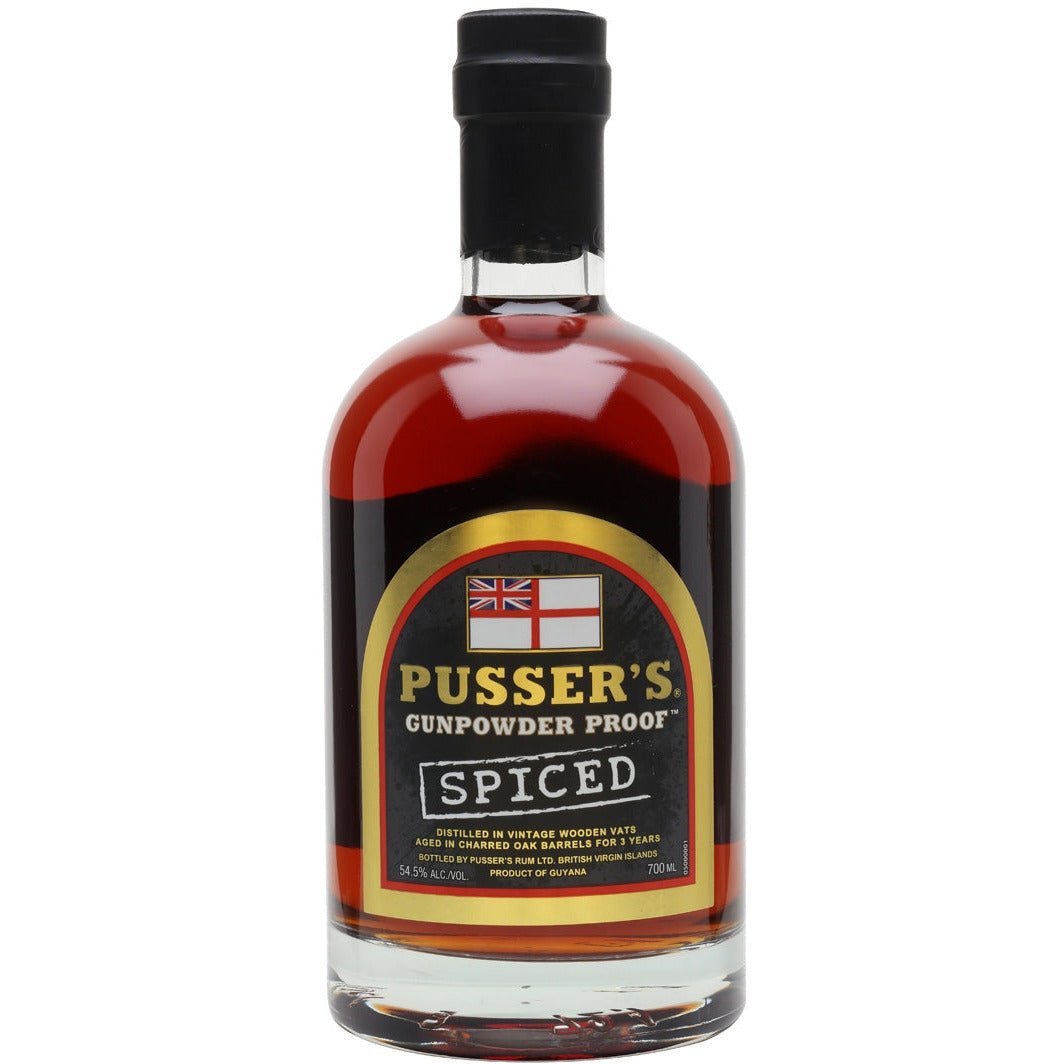
Pusser's Rum Spice Rum Gunpowder 54.5% ABV
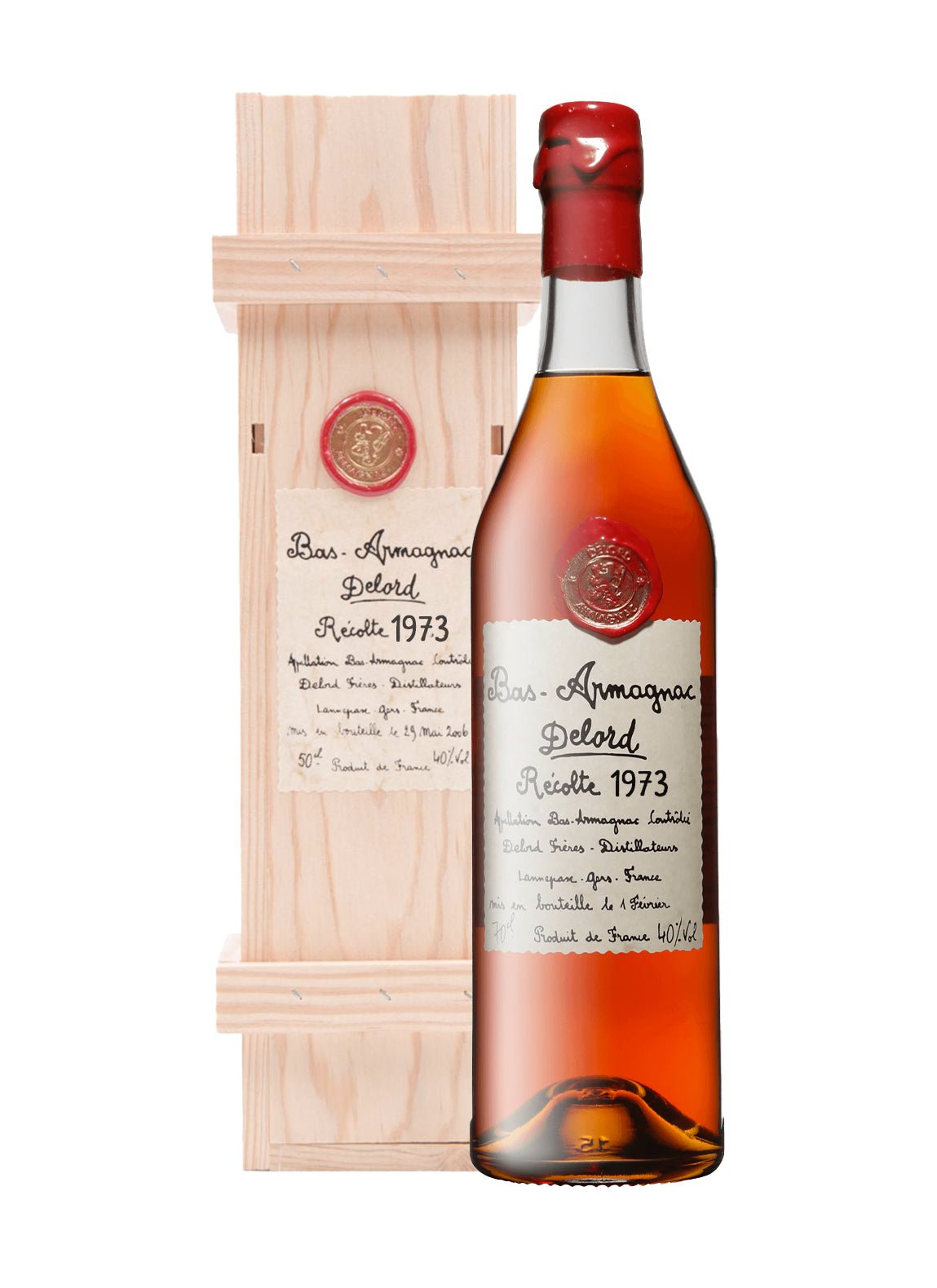
Delord 1973 Bas Armagnac 40% 700ml
Spirits
Spirits, also known as distilled beverages or hard liquors, are a type of alcoholic drink that is made through a distillation process. This process involves heating a fermented mixture to create steam, which is then collected and condensed to produce a high-proof alcohol.
Spirits can be made from a variety of ingredients, including grains, fruits, and sugarcane. Some of the most popular spirits include whiskey, vodka, rum, gin, and tequila. Each type of spirit has its unique flavour, aroma, and production process.
Whiskey, for example, is typically made from grains, such as corn, barley, and rye, and aged in oak barrels. Vodka, on the other hand, is made from grains or potatoes and distilled multiple times to create a clean, neutral taste. Rum is made from sugarcane, while gin is flavoured with botanicals such as juniper berries and coriander.
Spirits are often enjoyed straight or on the rocks, but they are also a popular ingredient in cocktails. Some classic cocktails made with spirits include the Old Fashioned, Martini, and Manhattan.
In conclusion, spirits are a diverse and beloved category of alcoholic beverages that offer a wide range of flavours and drinking experiences. Whether you're sipping a single malt Scotch or enjoying a vodka tonic, spirits have something for everyone.
Spirits, also known as distilled beverages, have been an integral part of human culture for centuries. These alcoholic beverages are made by distilling a fermented mixture of grains, fruits, or vegetables, which results in a higher alcohol content than beer or wine.
The history of spirits dates back to ancient times, with evidence of distillation being found in China as far back as 800 BC. The Greeks and Romans also had their own distillation methods, using it mainly for medicinal purposes.
During the Middle Ages, distillation techniques were further developed in Europe, and spirits became an important part of daily life. Monks in particular were known for their skill in producing spirits, and many of the classic European spirits, such as brandy and gin, have monastic origins.
The 16th century saw a significant increase in the production and consumption of spirits, with the rise of the tavern culture in Europe. This led to concerns about public drunkenness, and in 1609, King James I of England attempted to regulate the production of spirits by granting a monopoly to the Worshipful Company of Distillers.
The 18th and 19th centuries were a golden age for spirits, with the rise of colonialism and the expansion of international trade leading to the global spread of spirits. This period saw the emergence of iconic spirits such as whiskey, rum, and tequila, which continue to be popular to this day.
Today, spirits are enjoyed by millions of people around the world, and new distillation techniques and flavours are constantly being developed. Despite the occasional controversy over excessive drinking, spirits remain an important part of human culture and show no signs of disappearing anytime soon.
- Choose your spirit: Spirits come in various types such as whiskey, rum, gin, vodka, tequila, and more. Select the one that you prefer or want to try.
- Pour the right amount: Depending on the glass you're using, pour one or two ounces of the spirit. It's important to measure it properly to avoid overconsumption or waste.
- Consider adding ice or water: Some spirits, such as whiskey, can be enjoyed with a cube or two of ice or a splash of water. This helps to open up the flavours and aromas of the spirit.
- Take a moment to smell it: Before you taste the spirit, take a moment to smell it. Swirl the glass gently to release the aroma and take a deep sniff. This can give you an idea of what to expect in terms of taste.
- Take a small sip: Take a small sip of the spirit and let it linger in your mouth for a few seconds. This allows your taste buds to pick up on the different flavours, such as sweetness, bitterness, or spiciness.
- Add mixers or garnishes if desired: If you prefer your spirits with mixers or garnishes, such as lime or mint, add them now. Be mindful of the amount, as too much can overpower the taste of the spirit.
- Sip and savour: Enjoy your spirit by taking small sips and savouring the flavours. Remember to drink responsibly and in moderation.
